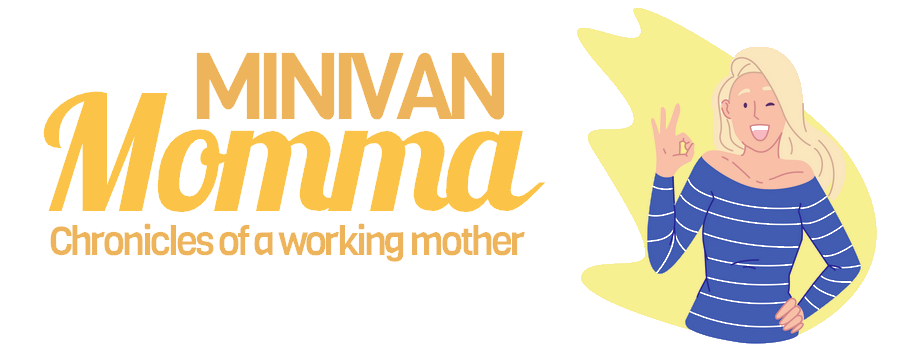When you retire, you’ll experience inevitable changes in your lifestyle and finances. Your income will mostly consist of Old Age Security, CPP, a private pension, and any other investment income you may have. In some cases, these may not be enough, and you may need a loan. Most lenders require a borrower to be actively employed, but some provide their loan services to retirees.
The following are seven types of loans for pensioners:
1. Unsecured Personal Loans

An unsecured loan means you don’t have to put down your car or home as collateral in case you default. People use these loans for a variety of reasons, from consolidating debt to any other legitimate purpose.
If you have a high-interest credit card debt, an unsecured loan can help you pay off the debt sooner. It will also allow you to make monthly payments. Depending on your credit, an unsecured personal loan may offer lower interest rates than your credit card. This could mean big savings. An unsecured personal loan is also a great choice for financing major purchases like moving expenses, medicals bills, or a home improvement project.
Because unsecured personal loans don’t require collateral, a lender usually turns to your credit score or report to help determine whether you qualify for a loan. A higher credit score makes you eligible for better loan terms.
2. Secured Personal Loans

A good type of loan for pensioners is secured personal loans. To qualify for a secured personal loan, you have to offer some type of collateral, like a car as a deposit. Compared to unsecured personal loans, they come with lower interest rates. This is mainly because lenders consider secured loans to be less risky as there’s usually an asset backing it up.
When you put down an item as collateral, however, you run the risk of losing it if you default on the agreement. As long as you’re confident you will pay back your loan and don’t mind pledging collateral, this loan will help you save on interest.
3. Payday Loans

A payday loan is a short-term cash advance that is due by your next payday. These loans are best for fairly small amounts as they charge high fees. This short-term loan is commonly used to meet small but urgent financial commitments. In most cases, a payday loan can be directly deposited into your bank account within 24 hours.
Depending on your province, you may be asked to pay $15-$24 per $100 borrowed. If you’re unable to repay the loan after receiving your next pay cheque, you can have it extended for a fee. This can be an advantage, but the longer you take to pay the loan, the more money you’ll have to pay back later.
Make sure you use the money wisely and have a fool-proof plan for how to repay it to avoid getting into a cycle of debt. When applying for a payday loan, you’ll be asked for personal information such as your name, place of work, phone number, and copies of previous pay stubs. When searching for a lender, take your time because some charge higher interest rates than others.
4. Debt Consolidation Loans

Consolidation loans are commonly used by people caught up in the cycle of debt; they’re specifically tailored for this purpose. This type of loan is often preferred because it combines all your debt payments, usually credit card debts, into one payment.
A debt consolidation loan can have a lower interest rate compared to the rate on your credit cards, making payments easier to manage. The payment instalments should be reasonable compared to your budget. When applying for this loan, watch out for lenders that ask for a fee in exchange for automatic approval. A lender can’t guarantee approval. There’s a process to be followed. However, in some rare cases, a lender will charge an application fee.
5. Reverse Mortgage Loan

Depending on the equity you have in your home, a reverse mortgage loan offers a lump-sum payment or a line of credit. Unlike refinancing or a home equity loan, it isn’t paid back until the homeowner moves out or dies. In such a situation, the homeowner or the heirs have the option of selling the home to pay it off or refinancing the loan to keep the home.
If none of these options are applicable, a lender can be authorized to settle the loan balance by selling the home themselves. A reverse mortgage is considered a high-risk form of borrowing because it’s easy to lose your home’s equity.
6. Car Loans

Consider applying for a car loan if you want to purchase a new vehicle. They usually offer competitive interest rates since the new vehicle is used as collateral for the loan. Paying a hefty down payment with cash can save on interest, but make sure it doesn’t deplete your savings. In the event of an emergency, the car can be sold to recover the funds.
7. Peer-to-Peer Loans

Peer-to-peer loans are funded by individuals rather than institutional lenders or banks. They’re also known as P2P lending, crowdlending, or social lending. Peer-to-peer loans have been around since 2005. Through an online marketplace, a borrower is connected to lenders willing to finance their loans. This allows for favourable loan terms and competitive interest rates.
Before applying for a loan as a pensioner, double-check with providers to see if they accept OAS, CPP, and private pensions as sources of income.




